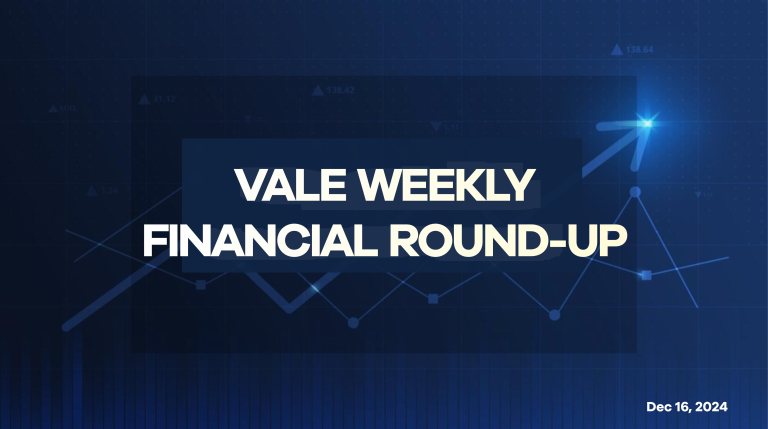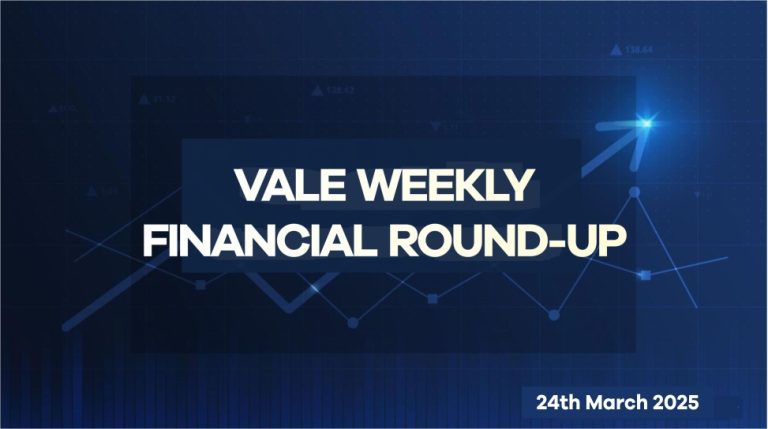Financial Detox: Resetting Your Money Habits
When was the last time you gave your money a detox?
At some point, everyone needs a financial reset. You can’t build new habits while holding on to old ones. Just like your body or mind, your relationship with money sometimes needs a cleanse. A chance to start afresh, this time with clarity.
A financial detox is simply taking a closer look at your finances to see what’s really happening with your money and how your habits have been shaping it.
It starts with honesty. The kind that makes you open your transaction history and admit, “Okay, maybe I’ve been spending a little too much.”
No guilt. Just awareness. Once you’re aware, it becomes easier to make better choices.
Next, ask yourself why you spend the way you do. What emotion drives your purchases? Most financial decisions aren’t logical; they’re emotional. Sometimes it’s for validation. Sometimes comfort. And honestly, if you work hard, you deserve comfort, just not at the expense of your financial peace.
A real detox also means redefining your priorities. Ask yourself:
- What truly matters to me?
- What do I want my money to do for me?
When your spending aligns with your values, you start to feel more in control.
Then comes action. This is where structure meets intention. The Vale app makes this easy. You can set short and long-term goals with My Target, carry out fixed deposits with Vault, and build systems that help you stay disciplined without relying on willpower. When you “set it and forget it,” saving becomes effortless.
But don’t confuse detox with deprivation. This isn’t about suffering. It’s about letting go of habits that weigh you down and redirecting your money toward what truly matters.
Just like your body after a cleanse, your finances feel lighter and more energized when you remove what’s draining them. In the end, a financial detox is about unlearning what keeps you stuck and creating space for clarity, control, and growth. It’s knowing where your money is going and trusting that it’s leading you somewhere better.
And honestly, that’s the real flex.
NOW TO THE NEWS
Vale Reminds Users to Join the Millionaire Savings Challenge
At Vale Finance, we are helping users build wealth with intention through the Millionaire Savings Challenge, a goal-based savings Challenge designed to help users hit or exceed the ₦1,000,000 savings milestone with ease and discipline.
Participants can save consistently while earning up to 13% interest per annum on their balance. In addition, users who complete the challenge receive an extra 5% bonus on interest earned, making the journey to a million naira even more rewarding.
The challenge runs until 30th December and is open to both new and existing Vale app users. Don’t miss the opportunity to save with purpose and become a Millionaire.
Naira weakens slightly to ₦1,438.5/$ at Official Market
The Naira closed weaker on Friday, November 7, 2025, at ₦1,438.5 per dollar in the official market, marking a slight depreciation from the previous week’s close of ₦1,427.5/$. Throughout the week, the local currency showed mild fluctuations trading between ₦1,437.5/$ and ₦1,441.75/$ reflecting renewed pressure after two weeks of steady gains.
In contrast, the parallel market recorded a slight appreciation, as the Naira strengthened to ₦1,445/$ from ₦1,455/$ recorded midweek. Traders in Lagos and Abuja attributed the improved stability to increased dollar inflows from diaspora remittances and end-of-month corporate conversions, though they cautioned that rising demand for foreign exchange during the festive and election seasons could soon weaken the Naira again.
Overall, the week’s performance underscores a modest setback for the Naira after recent gains supported by Central Bank reforms and improved liquidity. The renewed depreciation highlights lingering market pressures, especially as importers and businesses begin to ramp up dollar purchases ahead of year-end activities.
CBN Reaffirms Bank Recapitalization as Key to Achieving $1tn Economic goal
The Central Bank of Nigeria (CBN) has reaffirmed that the ongoing recapitalization of commercial banks is crucial to achieving the Federal Government’s goal of building a $1 trillion economy by 2030.
CBN Deputy Governor for Financial System Stability, Philip Ikeazor, emphasized that the exercise aims not just to create larger banks but to strengthen their capacity, governance, and inclusiveness. He noted that stronger and well-capitalized banks would be better positioned to support national development, withstand economic shocks, and compete globally.
Ikeazor, represented by Ibrahim Hassan at the Association of Corporate Affairs Managers of Banks (ACAMB) retreat in Abeokuta, said the recapitalization process is expected to conclude by the first quarter of 2026, with many banks likely to meet the new requirements through mergers or capital raises. Drawing parallels with the 2005 banking reform that consolidated the industry, he explained that the new policy is part of broader efforts by CBN Governor Olayemi Cardoso to reposition Nigeria’s financial sector for sustainable growth.
Speaking at the retreat, Professor Tayo Otubanjo of Lagos Business School urged banks to channel increased liquidity toward small businesses, traders, and artisans — the real drivers of economic growth. He highlighted that post-recapitalization, banks would have greater capacity to extend credit to productive sectors.
ACAMB President, Rasheed Bolarinwa described the recapitalization as more than a regulatory requirement, calling it a catalyst for building stronger, more inclusive banks capable of deepening trust and financial inclusion. The CBN had earlier set new minimum capital requirements of ₦500 billion for international banks, ₦200 billion for national banks, and ₦50 billion for regional banks, a move aimed at strengthening the financial system and enabling banks to play a central role in Nigeria’s economic transformation.
CBN Mops Up ₦11.43 Trillion Through T-Bills to Curb Inflation and Stabilize Economy
The Central Bank of Nigeria (CBN) has mopped up about ₦11.43 trillion through Nigerian Treasury Bills (NTBs) in the first ten months of 2025, a 4.01% increase from ₦10.99 trillion recorded in the same period of 2024 as part of efforts to stabilize liquidity and manage inflation.
The rise was driven by strong investor appetite for risk-free government securities amid high inflation, with total subscriptions reaching ₦30.2 trillion, slightly below the ₦33.45 trillion seen last year. The CBN offered ₦9.3 trillion worth of NTBs during the period, up from ₦6.19 trillion in 2024.
Yields on NTBs have moderated over the year, with the 91-day rate dropping to 15.3% in October 2025 from 17% a year earlier, while 182-day and 364-day bills fell to 15.5% and 16.14%, respectively. The central bank has reduced discount rates in response to strong demand and easing inflation, which dropped to 18.02% in September 2025, the lowest since July 2022. This decline has been attributed to exchange rate stability and improved food supply from seasonal harvests.
Analysts observed that investor interest in longer-tenor instruments remains strong, with stop rates on 364-day bills reaching as high as 20.32% earlier in the year. The variation in yields across maturities reflects differing investor expectations, with shorter-term bills indicating confidence in rate stability, while higher long-term yields suggest caution over possible economic volatility.
The CBN’s Monetary Policy Committee recently lowered the benchmark interest rate from 27.5% to 27%, signaling a potential easing of monetary conditions. Analysts at Cordros Research noted that the fixed-income market remains volatile due to tight liquidity and elevated borrowing needs but anticipate yield moderation in the coming months.


